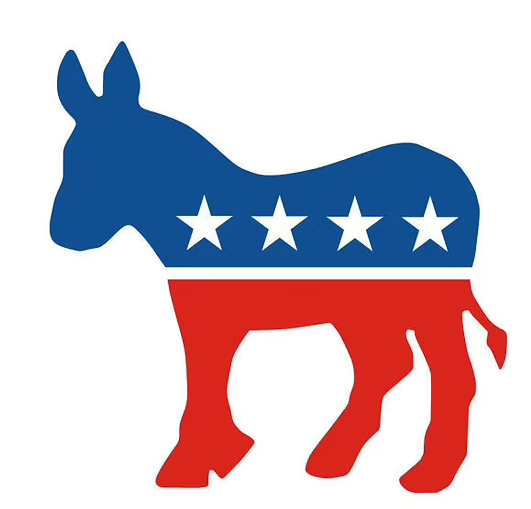
Why Democrats Lean “No” on the GOP Funding Bill
As the U.S. government shutdown stretches into its 32nd day, Democrats remain firmly opposed to the Republican funding proposal. Their “no” vote is rooted in what they describe as “draconian” spending cuts, the inclusion of partisan policy riders, and a preference for a short-term, clean funding bill to reopen government immediately.
CRITICAL ALERT: SNAP & WIC Funding Has Lapsed
As of November 1, 2025, federal funding for SNAP (food stamps) and WIC is suspended. Democrats point to this as the primary human cost of the shutdown, arguing that a “clean” bill would have prevented this crisis.
1. The “Draconian” Spending Cuts
The GOP spending bill includes significant reductions to healthcare subsidies under the Affordable Care Act, public education funding (including Head Start), and federal investments in green energy. Democrats argue these cuts are too deep and would harm working families.
According to House Minority Leader Hakeem Jeffries, “You can’t build a strong economy by undercutting healthcare, schools, and clean energy jobs.” Democrats claim the proposed trims would raise costs for families and slow the transition toward a sustainable economy.
2. The “Poison Pill” Policy Riders
Beyond the numbers, Democrats object to the policy “riders” attached to the GOP bill—add-ons that implement Republican priorities such as new border wall funding and rollbacks of environmental regulations.
Democrats have labeled these “poison pills” designed to make the bill unpassable. They argue that ideological policies should be debated separately, not tied to a must-pass bill to keep the government open.
3. The Democratic Proposal: A “Clean CR”
In response, Democrats are calling for a “clean” Continuing Resolution (CR)—a short-term, no-frills funding extension to reopen agencies, pay federal employees, and restore critical programs like SNAP. They insist that genuine, balanced negotiations can only happen *after* the government is operating.
(Hypothetical) S. 9999 Text
Read the text of the “Government Stability Act,” the Senate Democrats’ 30-day “clean” continuing resolution (CR).
Statement of Admin. Policy (SAP)
The official White House memo stating the President will veto the GOP bill, citing its “harmful cuts and partisan riders.”
Explainer: What is a “Clean CR”?
Learn what a “Continuing Resolution” is and why Democrats are pushing for one without policy riders.
What’s at Stake: Impact of the GOP Cuts
Democrats are highlighting the specific, real-world impacts of the proposed Republican budget cuts. (Based on analyses from federal agencies and non-partisan groups).
SNAP & WIC Funding
The lapse in funding has halted benefits for over 42 million Americans. Democrats are using this as their primary example of the shutdown’s cost.
Affordable Care Act (ACA) Subsidies
Analysis shows the GOP bill would cut subsidies, potentially raising premiums for millions of families on the ACA marketplace.
Head Start & Title I Funding
The bill proposes cuts to Head Start, which would remove thousands of low-income children from early education programs, according to the Dept. of Education.
Key Democratic Players
These leaders are coordinating the Democratic response in the House and Senate.
Sen. Chuck Schumer (D-NY)
Controls the Senate floor and is the lead Democratic negotiator. See his latest press statements here.
Rep. Hakeem Jeffries (D-NY)
Leads the House Democratic caucus in opposition to the bill and in support of a clean CR.
Sen. Patty Murray (D-WA)
As Appropriations Chair, Sen. Murray is the chief architect of the Democratic-led Senate budget alternative.
Republicans control the House.
— House Democrats (@HouseDemocrats) October 31, 2025
Republicans control the Senate.
Republicans control the White House.
They could do something to lower Americans’ health care costs now, but they’re CHOOSING not to.
Trump and Republicans set aside $40 BILLION to bail out Argentina.
— House Democrats (@HouseDemocrats) October 31, 2025
But they can’t do the same to lower Americans’ costs and save health care? Shameful.